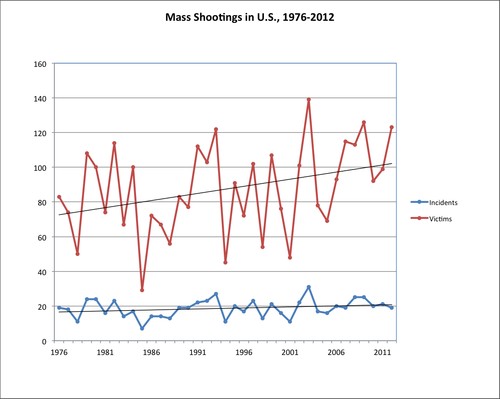The Army Officer Who Committed Murder →
Conservative commentators want the President to pardon Lt. Lorance.
A few minutes into that morning patrol, while walking through a field of grapes, a private named James Skelton spotted a motorcycle in the distance carrying three men and called it out to Lieutenant Lorance.
News media reports based on interviews with Mr. Lorance’s family and lawyers have described the motorcycle “speeding toward the platoon,” giving the lieutenant only seconds to act. But soldiers testified that the bike was about 200 yards away and could not have reached the platoon’s position in the grape fields.
Without asking for more information, Lieutenant Lorance, standing in a low spot where he could not see the motorcycle, told the soldiers to “engage,” soldiers testified.
“Nobody fired initially,” Todd Fitzgerald, a specialist in the platoon who was standing near the lieutenant, said in an interview. “There was no reason to. Then Lorance said, ‘Why isn’t anyone firing yet?’”
Private Skelton fired two shots that missed.
The men on the motorcycle stopped, got off and looked around, soldiers testified, trying to figure out what had happened. Lieutenant Lorance radioed a nearby truck that had a machine gun with an order to fire. Sergeant Williams, who watched through a high-powered camera at the outpost, saw two bursts from the gun truck take down the motorcycle driver, then, after a pause, a man with a wispy white beard. A third man fled into the village.
“I got on the radio and was, like, what the hell just happened?” Sergeant Williams said in an interview. “There was no threat from those guys whatsoever.”
Lieutenant Lorance then told the machine-gunner to fire at the motorcycle, but a boy had come to retrieve it, so the gunner refused.
“I wasn’t going to shoot a 12-year-old boy,” the gunner, Private David Shilo, testified.
Soldiers searching the dead men found only a pair of scissors, an identification card, some pens and three cucumbers.
Women and children came out of the village, screaming and crying, soldiers said. Mr. Fitzgerald said in an interview that the lieutenant turned to him and said, “If anyone tries to touch the bodies, shoot them.” Then, as the villagers confronted the platoon members, Mr. Fitzgerald said, Lieutenant Lorance swore at them and said, “Shut up or I’ll kill you, too.”
I think Lt. Lorance is fine right where he is—serving a 19-year prison sentence.
